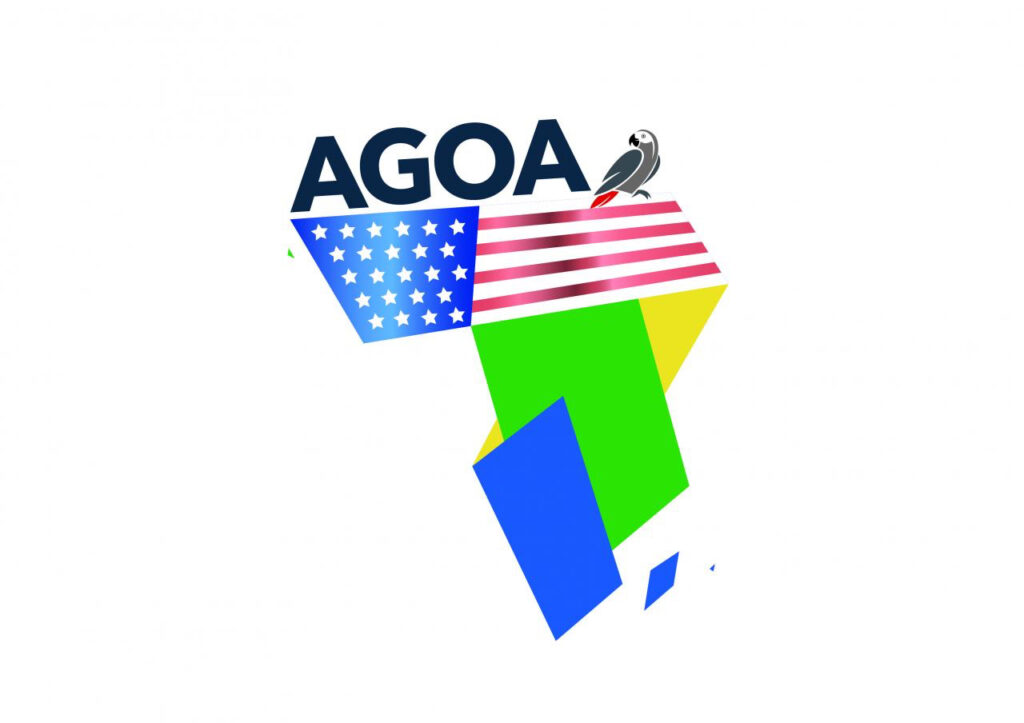Johannesburg, South Africa – The African Growth and Opportunity Act (AGOA) Forum, a long-standing initiative by the U.S. Congress to forge stronger trade relations between the United States and African nations, has officially commenced in Johannesburg. The event featured an inaugural address by President Cyril Ramaphosa, highlighting the critical role of industrialization in shaping Africa’s entry into AGOA.
Read More: Top 10 African Nations Saving in Dollars – Deciphering Why?
AGOA, characterized by both enthusiastic support and skepticism from various African governments, had been initially slated to conclude in 2025. However, indications point toward a probable extension, given the unmistakable backing of U.S. President Joe Biden for this “landmark law,” as evidenced in his recent communication with Congress.
Nonetheless, the anticipated renewal of AGOA comes with the exclusion of Uganda, the Central African Republic, Gabon, and Niger – a decision that is expected to exact a substantial economic toll on these nations. Host nation South Africa narrowly evaded a similar fate, amid diplomatic tensions centered around Russia, weaponry, and the Ukraine conflict.
President Biden’s letter emphasized that the ongoing assessment of the eligibility criteria for the expulsion of these four countries will remain continuous. In a notable reversal, the United States has opted to reinstate Mauritania into AGOA, a decision that follows the country’s removal from the initiative in 2019.
The theme of the AGOA Forum revolves around the pivotal role of industrialization in Africa’s continued participation in this trade initiative. African nations are increasingly recognizing the need to harness their industrial potential to fully leverage AGOA’s benefits, as they seek to diversify their exports, improve competitiveness, and strengthen their economies.
President Ramaphosa’s opening speech underscored the significance of a sustained commitment to industrialization in driving Africa’s inclusion in AGOA. The establishment of robust industrial sectors, the promotion of regional value chains, technology transfer, and skills development are seen as essential components of this endeavor.
African nations, in collaboration with the United States, are exploring ways to support industrialization efforts, promote economic growth, and ensure the long-term sustainability of AGOA’s preferential trade access.
Read More: Investing in African Green Solutions
As the AGOA Forum unfolds, stakeholders and policymakers will engage in comprehensive discussions aimed at advancing industrialization in Africa and enhancing the continent’s position within the AGOA framework. With the potential renewal of this vital trade partnership, the emphasis on industrialization takes center stage as a key driver of Africa’s economic transformation and global trade competitiveness.
